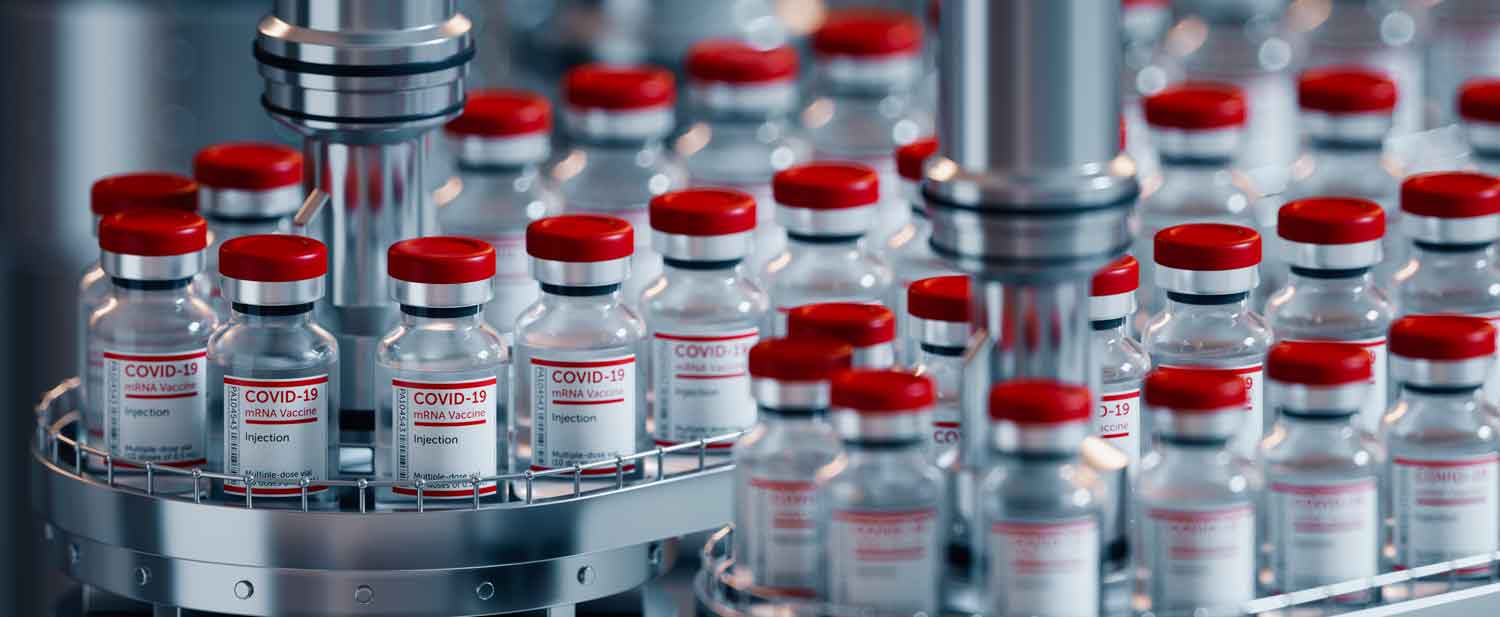According to South Africa's minister of research and innovation, Blade Nzimande, "at the time, South Africa and the rest of the developing world were at the back of the line when it came to access to life-saving COVID-19 vaccines."
The center is now scaling up and confirming the manufacture of Moderna vaccines at a commercial scale after having already achieved mRNA vaccine manufacturing at a laboratory scale.
It is simpler to keep the vaccine in low- and middle-income environments where excessive refrigeration might be difficult since it can be stored at moderately warm temperatures.
The center also serves as a resource for producers in less developed nations, assisting them in learning how to produce mRNA vaccines in big quantities and in accordance with international standards.
Early in 2020, the Covid-19 pandemic broke out, exposing Africa's heavy reliance on foreign vaccinations.
According to the Africa Centers for Disease Control and Prevention (CDC), just slightly more than half of the 1.2 billion individuals on the continent have received their full dose of coronavirus vaccination.
By introducing genetic material encoding the code for essential components of a pathogen into human cells, mRNA-based vaccines stimulate an immune response.
The Covid-19 pandemic served as an essential testing ground for the developing technology, showing how a safe and effective vaccine could be developed in a matter of months as opposed to years for conventional vaccinations.
The Cape Town initiative was established with assistance from the WHO and is managed by the South African Medical Research Council, biotechnology business Afrigen, and biopharmaceutical company Biovac.
The center has the capacity to increase production of additional vaccines and goods, including insulin to treat diabetes, cancer treatments, and maybe vaccinations for illnesses like malaria, TB, and HIV.
$117 million has been allocated so far, with the majority of that coming from the European Union, France, Germany, and Canada.










.jpg)